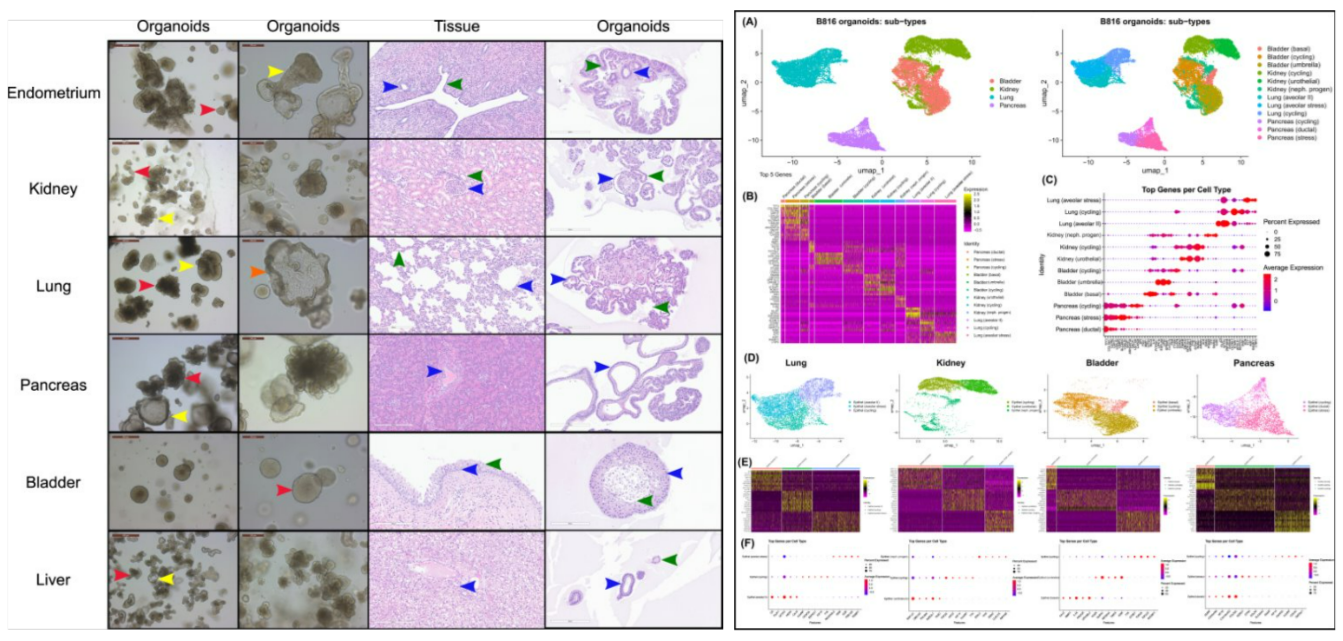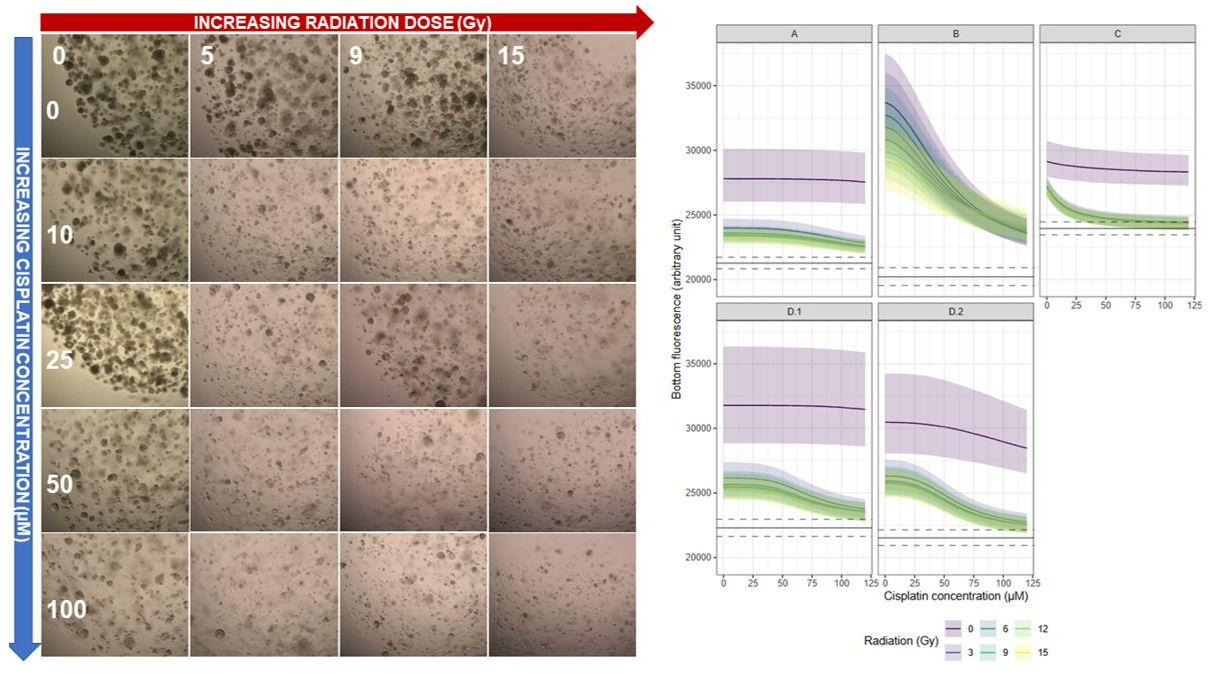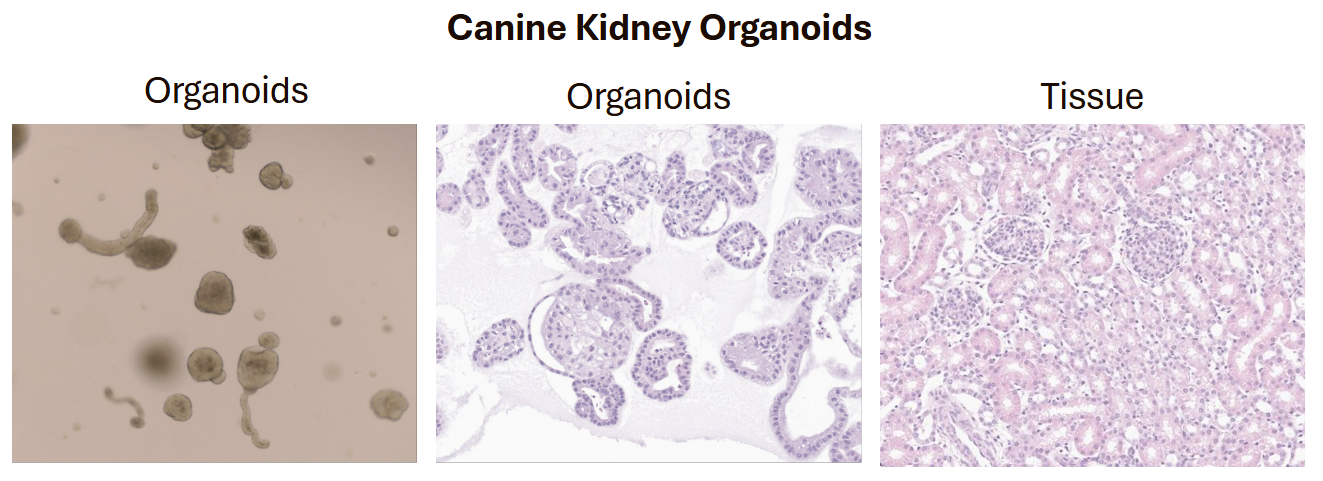
The SMART (Systems Modeling and Reverse Translation) Pharmacology Lab is directed by Dr. Jon P. Mochel (DVM, MS, PhD, Diplomate ECVPT, AAVPT Fellow), Professor of Systems Pharmacology and Director of the Precision One Health Initiative at the University of Georgia. The lab is co-managed by Dr. Aleksandra Pawlak, a Veterinary Pharmacologist and Associate Professor in Physiology and Pharmacology, and Dr. Christopher Zdyrski, a Geneticist and Lecturer in Physiology and Pharmacology, reflecting its intentionally interdisciplinary structure.
Grounded in systems pharmacology, the group develops and applies an integrated in silico–in vitro–in vivo pipeline to explain and predict therapeutic drug responses across species. The SMART Lab serves as a cornerstone of the Translational Medicine Core of the Precision One Health Initiative and the Biomedical & Translational Sciences Institute, where Dr. Mochel is the One Health Director.
A central pillar of the SMART Lab is the development and application of 3D organoid technologies, derived primarily from adult stem cells of canine and other veterinary tissues. These platforms recapitulate the architecture, physiology, and molecular signatures of their native organs and support mechanistic studies of epithelial biology, disease progression, drug screening, metabolic adaptation, and barrier function. In parallel, the lab builds in silico systems—spanning population PK/PD, physiologically based pharmacokinetics, and quantitative systems pharmacology—to integrate organoid findings with in vivo and clinical data, enabling predictive models for therapeutic optimization and reverse translation. These efforts are complemented by in vivo studies in naturally diseased companion animals, which provide physiologically realistic systems for validating mechanistic hypotheses and advancing precision medicine.

The SMART Lab maintains strong collaborative ties with the School of Medicine, particularly through joint translational oncology and gastrointestinal biology programs with Dr. Yana Zavros, and with the College of Pharmacy, including drug development and mechanistic pharmacology collaborations with Dr. Douglass.
The lab’s funded research portfolio—supported by the National Institutes of Health (NIH), industry sponsors, and foundations—spans a broad range of translational areas, including:
- Stem-cell–based non-invasive models for chronic kidney disease, enabling high-throughput and mechanistically informative renal assessments without biopsy.
- Evaluation of anti-inflammatory therapeutic candidates, integrating organoid systems and in vivo pharmacology to quantify their immunomodulatory and tissue-remodeling effects.
- Therapeutic strategies for cardiorenal and metabolic diseases, leveraging systems modeling, metabolic phenotyping, and comparative clinical cohorts to refine dose–exposure–response relationships.
- Collaborative oncology programs, including drug screening, PK/PD modeling, and in vitro-to-in vivo translational frameworks that directly inform the design of clinical trials in dogs with naturally occurring cancers.

Together, these initiatives position the SMART Pharmacology Lab as a leading engine for mechanistically grounded translational research—bridging experimental, computational, and clinical sciences to accelerate therapeutic innovation for both human and veterinary patients.


